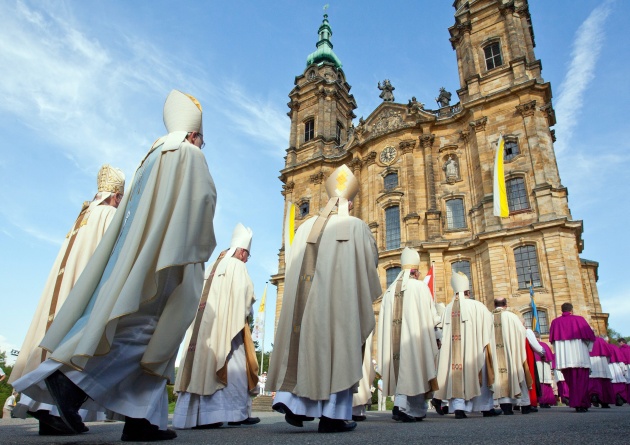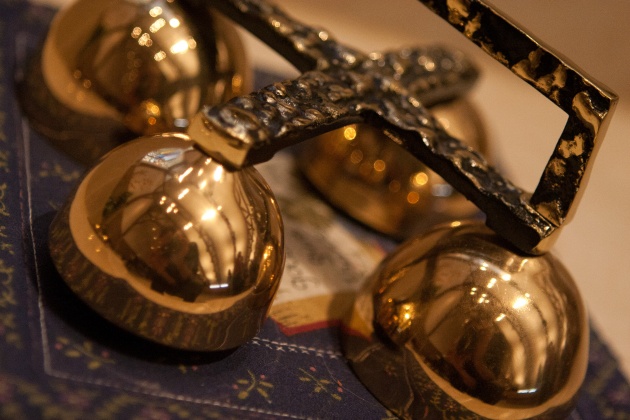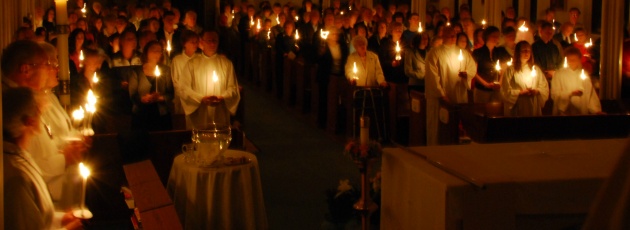Catholics observe seven sacraments- Baptism, Eucharist, Reconciliation, Confirmation, Marriage, Holy Orders, and Anointing of the Sick. These sacraments are both signs and instruments of God's Grace- they are special occasions for a Christian to experience the presence and saving grace of God.

The Sacrament of Baptism is the very first sacrament that we receive. Whether we are baptized as an infant or an adult, this is the beginning of a lifelong journey.This journey is one of commitment and discipleship. The baptism is an outward way of saying that you are going to be part of this journey.
The Sacrament of the Eucharist, or Communion, is believed to be both a sacrifice and a meal. Catholics believe that by taking the body and blood, that they are spiritually nourished and brought closer to God.
The Sacrament of Reconciliation is also known as Penance. This particular sacrament has three distinct parts: conversion, confession, and celebration. The sacrament of Reconciliation provides forgiveness to us, and calls us to continue to forgive others.

The Sacrament of Confirmation is a more mature Christian commitment. This sacrament calls for a deepening of your Baptismal gifts, and is one of the three sacraments of initiation for Catholics.
The Sacrament of Marriage, or Matrimony, is one that not everyone is called to receive. This is a public statement that one person gives themselves entirely to another. This reveals that a loving husband and wife speaks of family values and of God's values.

Like the Sacrament of Marriage, the Sacrament of Holy Orders is one that not everyone is called to. This is the Sacrament extended to the clergy of the Catholic Church. In this, the grace is conferred on those who receive it to bring other Catholics the Sacraments.
The Sacrament of Anointing of the Sick, or Last Rites is a healing ritual of physical, mental, and spiritual sicknesses. Only a priest can administer this Sacrament, and only those who have received the Sacrament of Baptism can receive this Sacrament. There are special circumstances in which one who has not been baptized can receive the Last Rites, but only when death is imminent and they truly wish to become Catholic and there is no time to go through the other Sacraments.



